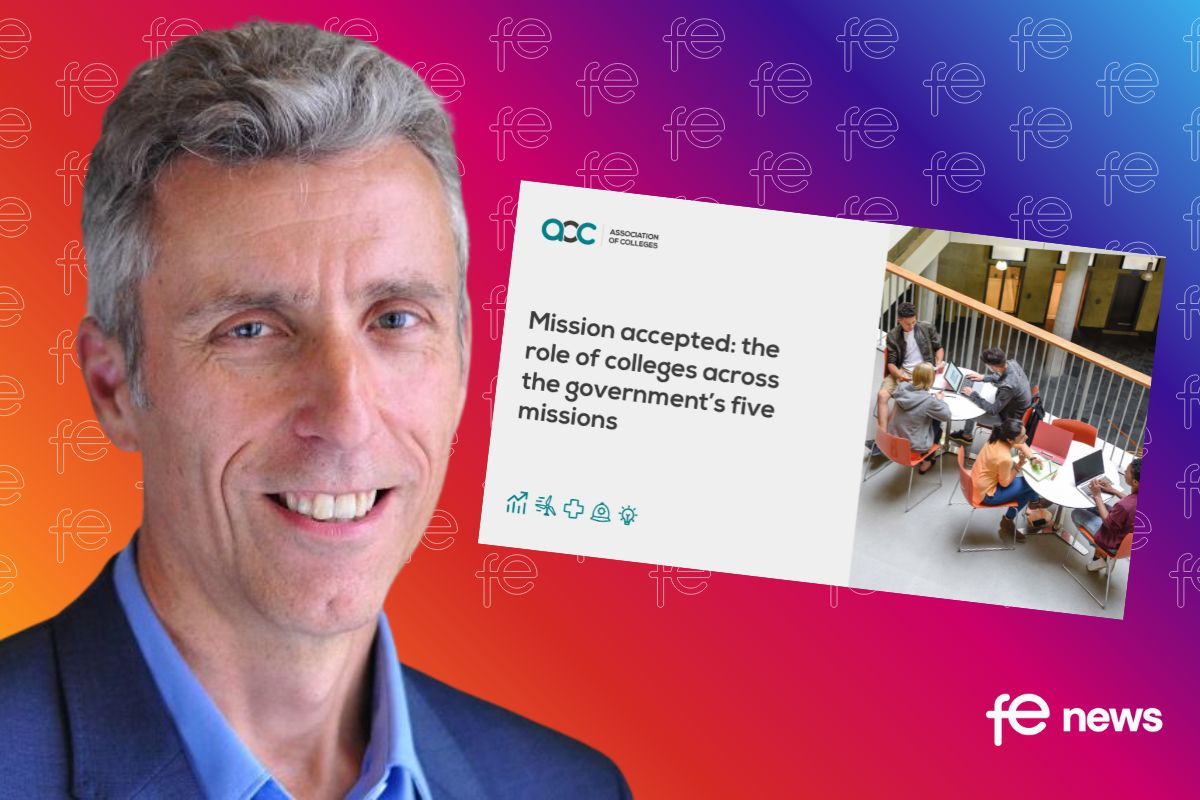The importance of offering opportunities to ex-offenders to make society safer

Ministry of Justice (@MoJGovUK) figures show that, on average, only 17% of former prisoners manage to gain employment within a year of release – but those who do are up to 9% less likely to reoffend. Whether this is through a lack of education, suitability, or training, it’s our collective responsibility to support those who want to better their lives – and break the cycle of crime.
But where do we begin? Jacob Hill, founder of Offploy – a not-for-profit organisation which helps people with criminal convictions into meaningful, mentored, and sustainable employment – takes a look.
Education is such an important part of our lives. We get so much from the classroom, our teachers, and peers– and not just in terms of the curriculum. From early years right through to university, the collective experiences help individuals learn how to function as a society, challenge others’ ways of thinking, and engage in rich debate.
Although not all people with unspent convictions have spent time in prison, research by Unlock found that people who have served a custodial sentence may have also faced multiple and severe disadvantages – 42% were permanently excluded from school and 47% had no qualifications on entry to prison.
Access to education for those with criminal convictions
Within prison, courses are freely available to help inmates develop new skills. From reading and writing, computing, and basic maths, right through to woodwork, engineering or gardening, the system is set up to equip those serving a custodial sentence with the opportunities to pursue a life away from crime upon their release.
Not only that, but most courses lead to qualifications that are recognised by employers, usually to a level two standard, but with higher qualifications starting to be offered, too. Some prisoners even engage in a distance learning course, for example though Open University.
But, for those looking to return to study and gain qualifications on the ‘outside’, it’s important they have fair access. People who may have been excluded from school as a youngster, may feel reluctant to return to the rigid routine of education – and that’s why it’s important to remove the barriers to application.
Helpfully, in 2018, UCAS announced they would no longer require applicants to declare unspent convictions as part of the application process – except for courses which require an advanced criminal record check to study – or to practice in a profession upon completion.
By its very nature, further and higher education exists to bolster chances for those eventually seeking work – by showing they are ‘keeping the saw sharp’ through continuous development. Yet, if using their ‘prison credentials’, applicants are still likely to be seen as a former prisoner rather than a college leaver.
What if people get involved in crime while in education?
Providing a pupil doesn’t pose a threat to their fellow students, it’s important that we try to ensure that an individual remains in, and engaged with, classroom / group education, as many of those in prison first faced institutional rejection from school. This builds a resentment for authority.
It may be the case that hours in class are reduced, the student requires 1:1 teaching, or a need to liaise with other support services arises, but it’s vital to remain welcoming and non-judgemental – as they will likely have a tough time from their peers, too.
Colleges, for example, often work with pupils over and under the age of 18. And, although it may seem disruptive to the wider institution, it’s important to remember that, just because someone is 18, they are brand new to adulthood – so we must support them as much as we possibly can.
Hiring those with convictions within an educational setting
Reoffending rates cost the UK £15 billion annually, but a vast talent pool is currently untapped because of organisations’ reluctance to hire ex-offenders. This is despite research showing that 81% of people believe that businesses employing such individuals are making a positive contribution to society.
Often one of the biggest employers in the local area, educational institutions have the power to make a significant difference here. And, while there are certain roles which may not be suitable for those with convictions, it’s important that we all understand what a criminal record is, and why a checkbox on an application form shouldn’t be the ultimate deciding factor.
With roles ranging from admin and hospitality, through to frontline teaching work – there are plenty of positions which could suit someone trying to reintegrate into society. Yet, there’s no escaping the fact that there may be unconscious bias when comparing applications from candidates with an unspent conviction to those with a completely clean DBS check.
Jacob Hill, founder of ex-offender recruitment specialist, Offploy











Responses